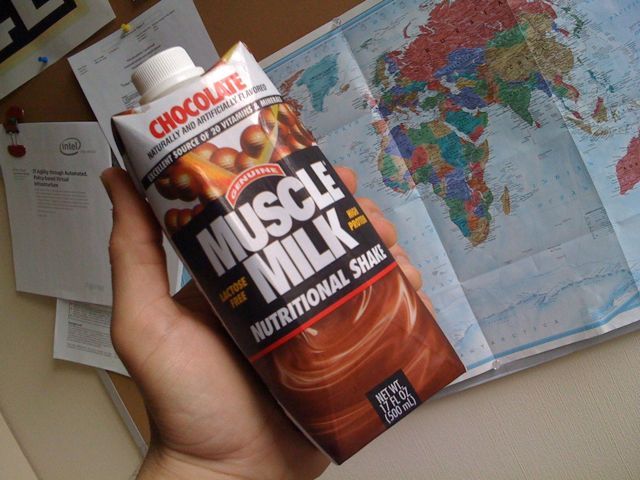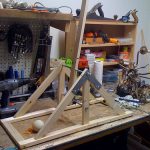Some exercisers and athletes get confused about how much protein is needed to build muscle. Increasing the intake of protein basically makes sense since muscles are essentially composed of protein. So, the logic goes that taking in more dietary protein should increase your muscle mass, right? However, the science of body building won’t always give you an affirmative answer.
Looking to Science
Looking into the science behind it all, you will begin to understand how much protein is needed to build muscle. The protein that your body requires is made up of amino acids that help not only to build muscles but other important components of your body as well. Amino acids also make up your hair, skin, nails, and internal organs.
Your body requires 20 amino acids in order for it to grow. It is quite unfortunate that your body can only produce 12 of the 20 amino acids your body needs. The other essential amino acids will be supplied by the food you intake. This is also another reason why athletes especially body builders take in protein supplements. This simply means that if you don’t take in enough protein your body may not be able to supply all the necessary amino acids in order to build muscle.
Protein Sources
Part of knowing how much protein is needed to build muscle is to know where to get your proteins. As stated earlier, you need to supply your body with the other eight essential amino acids. You basically have two options in order to do this. One option is to get your proteins from supplements that you can purchase from the store. The other option is to eat food that is rich in complete proteins.
You can get all the needed proteins from milk, eggs, fish, chicken, and beef. This might seem to be a problem for vegetarians but really, it isn’t. Although vegetables usually have incomplete proteins, you can just eat a variety of vegetables in order to get all the amino acids your body needs.
You can feast on grains like barley, oats, corn meal, rice, and pasta and then add legumes to them such as soy products, peanuts, peas, lentils, and beans. Another option is to eat nuts and seeds such as cashews, walnuts, and sesame and sunflower seeds and then add leafy greens or broccoli to your diet.
Calculating One’s Own Protein Needs
You also need to know how much protein is needed to build muscle for your own body. The formula to follow isn’t that complicated. The first step is to get your weight in kilograms. Next, multiply your total weight in kilograms by 0.8 to get the amount of protein you need in grams.



